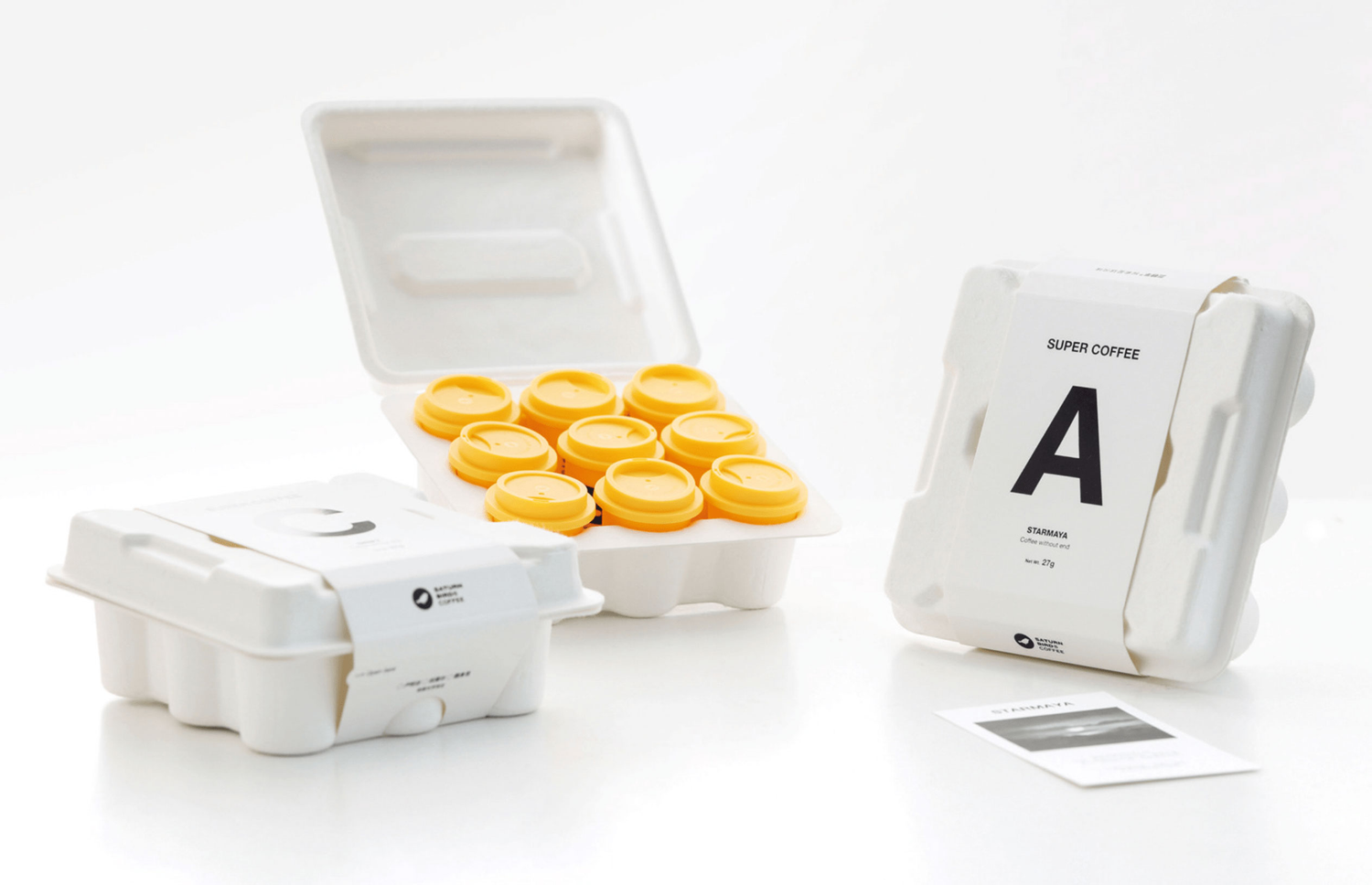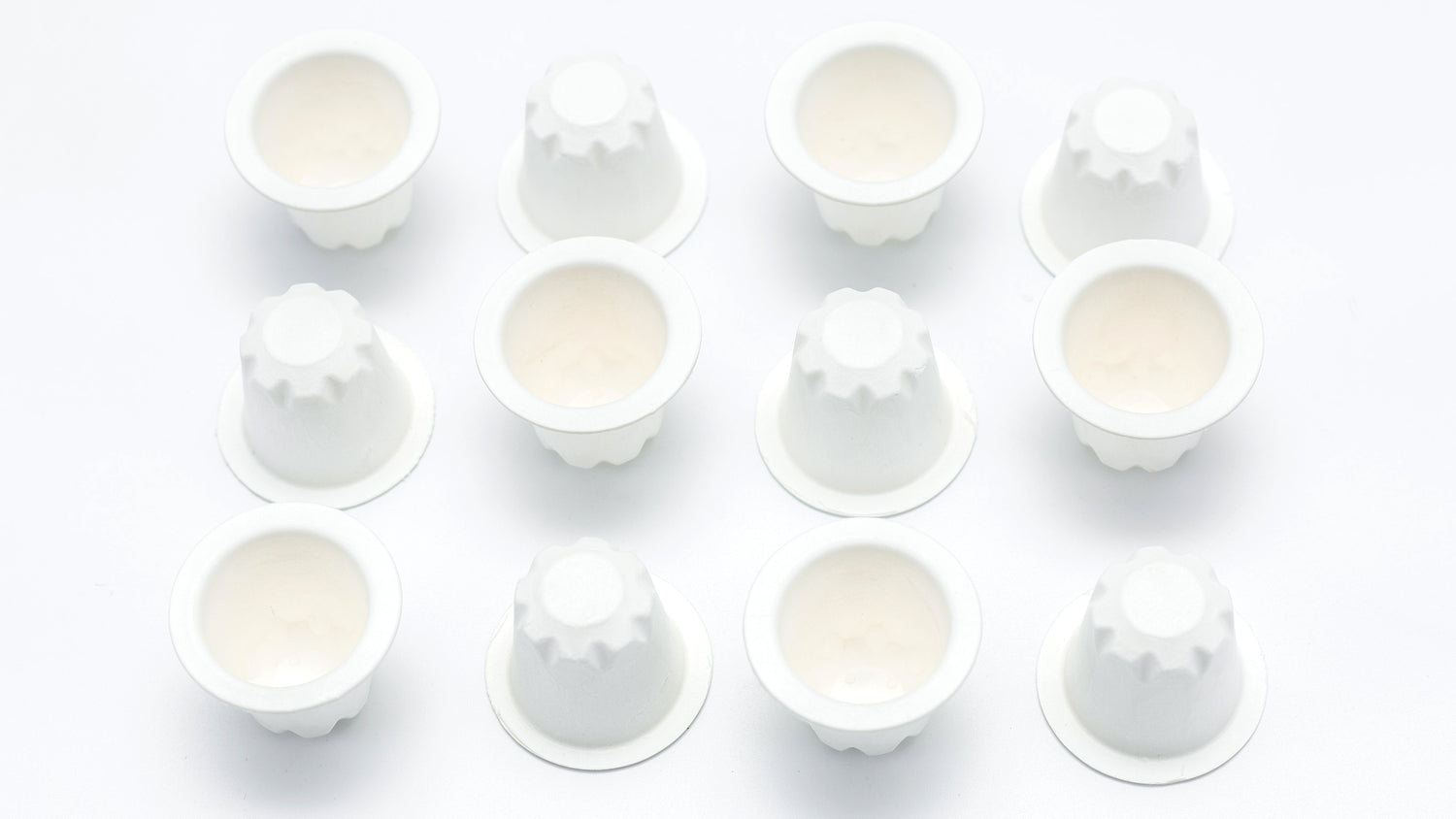Overview of Compostable Coffee Capsules
Share
Overview of Compostable Coffee Capsules
Delving deeper into the innovative material that forms the backbone of Eco-Coffeepods.com’s compostable coffee capsules, sugarcane pulp, also known as bagasse, emerges as a significantly sustainable choice. Sugarcane pulp is derived from the fibrous residue left after the extraction of juice from sugarcane stalks. This material is typically disposed of or burned, contributing to air pollution and waste management issues. By repurposing this byproduct into the production of coffee capsules, BOWIN has cleverly turned a waste problem into an ecological opportunity.
The environmental benefits of using sugarcane pulp over conventional materials like plastic or aluminum are profound. Firstly, the production of sugarcane pulp is more environmentally friendly because it relies on existing agricultural byproducts rather than requiring new resources. This reduces the demand for virgin materials and decreases the environmental burden associated with mining and petroleum extraction, which are intensive in terms of energy and resource consumption.
Furthermore, sugarcane pulp is completely biodegradable. Unlike aluminum, which can take up to 500 years to decompose, or plastics that might never fully decompose and instead break down into microplastics, sugarcane pulp products can decompose in a compostable environment within a few months. This rapid decomposition minimizes landfill waste and reduces methane emissions, a potent greenhouse gas that results from the anaerobic decomposition of waste in landfills.
The choice of sugarcane pulp also embodies a closed-loop system, adhering to the principles of circular economy. The sugarcane plants absorb carbon dioxide as they grow, which offsets the emissions generated from their processing. When the residual pulp is used to make coffee capsules, it ensures that the carbon footprint of the product is further reduced. After its useful life, the sugarcane pulp can be composted, returning nutrients to the soil and enhancing soil health, thus maintaining the ecological cycle.
Additionally, the use of sugarcane pulp in coffee capsules brings with it enhancements in sustainability during the manufacturing process itself. The production of sugarcane-based bioplastics emits significantly fewer greenhouse gases compared to conventional plastics derived from petrochemicals. The energy required to mold and shape sugarcane pulp into coffee capsules is also considerably less than what is needed to process metals or traditional plastics, making it an energy-efficient alternative.
In light of these factors, BOWIN ’s shift towards sugarcane pulp is not just a testament to their commitment to sustainability but also represents a broader movement within the industry towards more responsible material sourcing. By choosing a renewable, biodegradable, and less resource-intensive material, the company sets a precedent for BOWIN stands at the forefront of environmental innovation within the coffee industry, showcasing a commitment to sustainability that influences every aspect of its operations. Founded with the vision of reducing the ecological footprint of coffee consumption, the company has pioneered the development of compostable coffee capsules made from sugarcane pulp, presenting an eco-friendly alternative to the traditional plastic and aluminum capsules that dominate the market.
The inception of BOWIN was driven by the growing awareness of the environmental impact associated with coffee capsule waste. Traditional coffee capsules, often made from materials like aluminum or mixed plastics, pose significant challenges in waste management due to their complex recycling requirements and long decomposition times. Recognizing this, BOWIN embarked on a mission to create a product that would align with the principles of environmental sustainability while still offering convenience and quality to coffee lovers.
Sugarcane pulp, selected as the primary material for their coffee capsules, is a byproduct of sugar production, which traditionally would be considered waste. This choice of material reflects the company’s innovative approach to "upcycling" — transforming a byproduct into a high-value product. By utilizing sugarcane pulp, BOWIN not only provides a solution to reduce waste but also capitalizes on the inherent properties of the material, such as its biodegradability and robustness, ensuring the preservation of coffee quality and freshness.
The company’s dedication to sustainability extends beyond the product itself to encompass the entire production process. BOWIN has implemented various green practices in its manufacturing operations, including the use of renewable energy sources and water recycling systems, further minimizing the environmental impact of their production activities.
Moreover, BOWIN actively engages in educating consumers about the importance of sustainable practices in daily life. Through their marketing campaigns and informational content, they advocate for a shift towards more environmentally responsible consumer behaviors, emphasizing the role that individuals can play in mitigating the environmental crisis by making informed choices about the products they use.
As BOWIN continues to innovate and expand its product line, the commitment to environmental stewardship remains a core element of its business philosophy, driving the company towards its goal of leading the coffee industry towards a more sustainable future.


